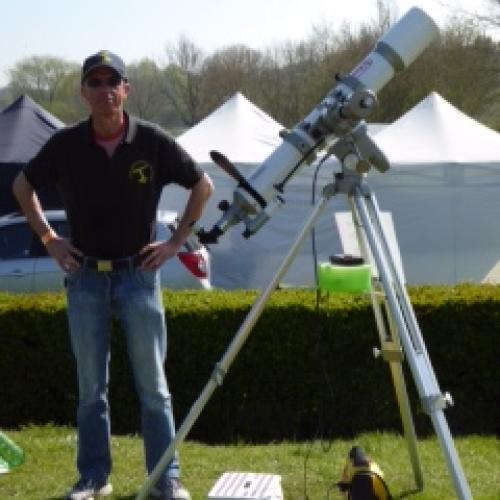Speaker profile

Mr Bill Barton
FRAS
Available for booking

Ipswich, Suffolk, England

Will travel anywhere in the UK

Amateur Astronomer

Astronomy Author
Summary
Early retired engineer located in Ipswich, Suffolk, a researcher and lecturer in the history of astronomy.
Full biography
Bill left Secondary School in 1979 with ‘O’ level qualifications. A four year apprenticeship in Signal Engineering with British Rail followed. After thirty-five years service he took early retirement from Networkrail in 2014.
He joined the British Astronomical Association in 1983 and contributed to their Solar Section between 1990 and 2000. He shared his observations with the Solar Division of the American Association of Variable Star Observers. Other favourite observing activities include eclipses, transits and planetary conjunctions.
However ‘history’ has always had a strong calling for him and in 2002 he was a founder member of Society for the History of Astronomy. In the same year he was elected a Fellow of the Royal Astronomical Society. 2003 saw him licensed to operate the Orwell Park refractor (IAU observatory no. 582) on behalf of the Orwell Astronomical Society (Ipswich), which he had joined several years earlier.
He has received the SHA Roger Jones award for contributions to their ‘County Survey of Astronomers’ on several occasions.
In January 2020 he was appointed as the Deputy Director of the British Astronomical Association Historical Section.
Bill has a particular soft spot for classic telescopes such as the Carl Zeiss Telementor refractor and the Questar Maksutov Cassegrain. He owns some astronomical antiques, such as eyepiece micrometers, planispheres and similar teaching aids. He has more old astronomy books than he likes to admit to.
Affiliations
Lectures
Beer, Bread & Bolides: Alice Grace Cook (1877-1958)
This biographical presentation, which is suitable for a general adult audience, describes the life of Alice Grace Cook. She spent her whole life in the Suffolk town of Stowmarket, but was sufficiently famous in astronomy that she was one of the first women to be admitted to the Royal Astronomical Society as a Fellow. She made an independent discovery of Nova Aqilae in June 1918. She was also the first non-American to recieve the 'E C Pickering Fellowship for Women'.
Accidental Death of an Astronomer: Mary Ward (1827-1869)
This biographical presentation, which is suitable for a general adult audience, is about Mary Ward, an Irish female amateur astronomer. Forced by a neglectful husband to find her own income she turned to scientific writing, publishing magazine articles and books on microscopy and astronomy. Distantly related to the third Earl of Rosse she was one of the few women to use his giant telescope, known as the 'Leviathon of Parsonstown'. Her death is remarkable, in that, she is said to be the first person to die in a motor car accident.
Mandolins & Meteors: Fiammetta Wilson (1864-1920)
This biographical presentation, which is suitable for a general adult audeince, is about the astronomer Fiammetta Wilson. It covers her upbringing, disastrous first marriage, her re-invention of herself and subsequent career in astronomy. She achieved sufficient fame that she was one of the first female Fellows of the Royal Astronomical Society.
Basil Brown’s Astronomical Achievements
This presentation, which is suitable for a general adult audience, outlines the astronomical work done by the Suffolk archaeologist Basil Brown (1888-1977).
The Chaldean Society: a U.K. national amateur society in the 1920s
Suffolk Astronomers
Astronomers Find The Time
In the days before easily available highly accurate time from navigation satellites and mobile smart devices one output of astronomical observatories was time. This talk, which is suitable for a general adult audience, looks at how astronomers used to find, keep, and distribute time.
Why the Canals on Mars Never Existed
This historical presentation, which is suitable for a general adult audience, covers the observational history of the 'Canals' of Mars. It also discusses why they could never have existed.
The Biggest Telescope in the World
This presentation, which is suitable for a general adult audience, describes the biggest telescope in the World in the period 1845-1917. It covers the telescope's planning, construction, use and demise. Perhaps surprisingly, it was not at a major observatory or on the top of a high faraway mountain, but in an aristocrat's garden in central Ireland.
150 Years of Astronomy at Orwell Park
This presentation, which is suitable for a general adult audience, is about the astronomers who used the observatory at Orwell Park in Suffolk and the work they did there.
Airy’s Instrumental Engineering
This presentation, which is suitable for a general adult audience, is about the astronomical instruments designed and used by the 7th Astronomer Royal George Airy.
Roger Langdon, The Ingenious Stationmaster
This biographical presentation, which is suitable for a general adult audience, is about the life of Roger Langdon (1825-1894). Employed in various roles by the Great Western Railway he ended up Stationmaster at Silverton in rural Devon. He pursued astronomy as a hobby, but achieved sufficient renown that on one occasion he read a paper about his observations to the Royal Astronomical Society.



